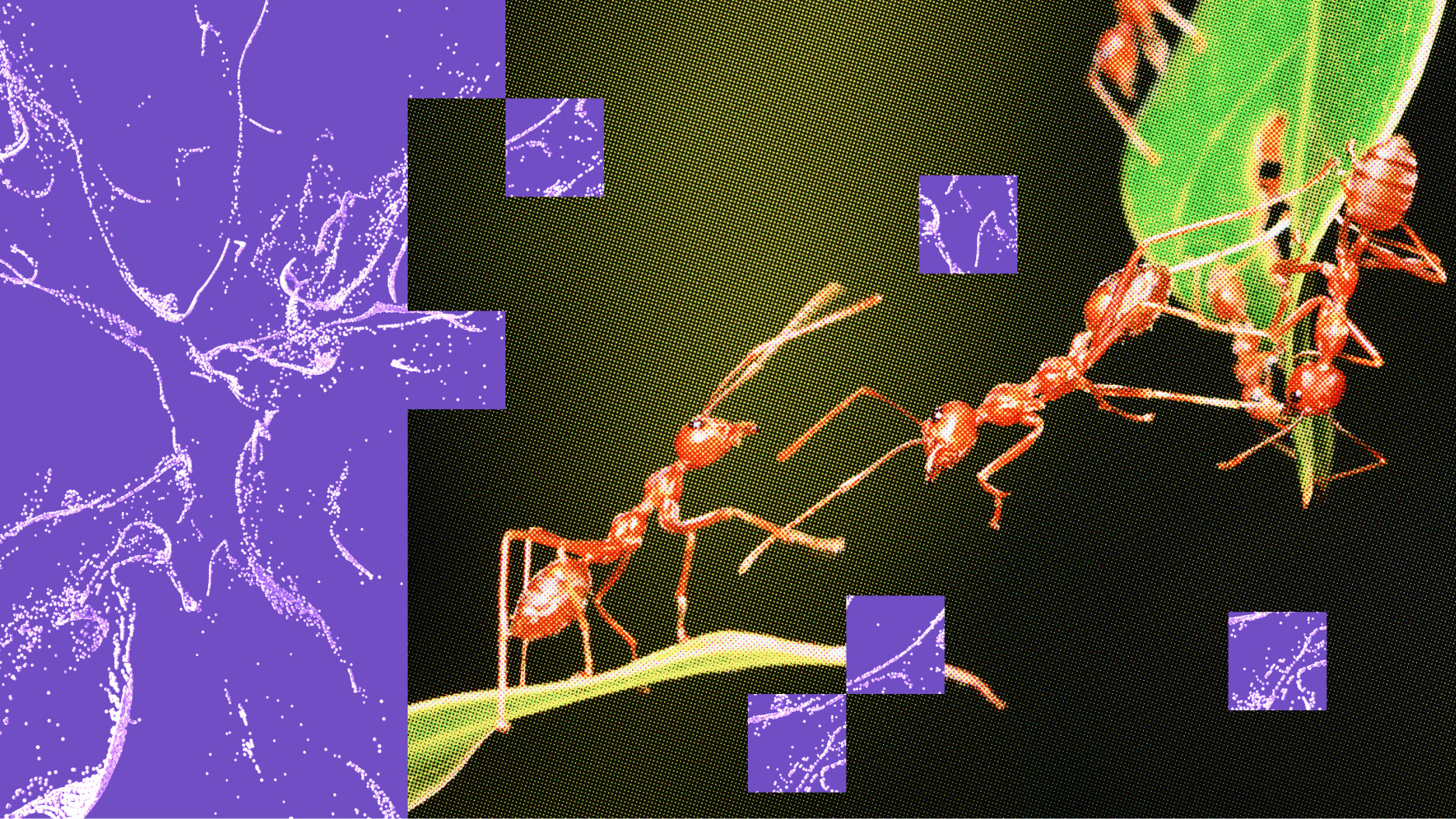5 ways the new wave of chatbots will transform our work lives

- The original version of ChatGPT debuted a year and a half ago, and it is already considered obsolete.
- The next generation of chatbots will transform our work lives.
- Expected chatbot upgrades include personalized and more empathetic employee assistance, and refined team collaboration.
The poet Alexander Pope said to be human is to err. Pretty soon, to be human will mean to be using AI in some capacity.
When the history books are written, 2024 will be considered the year that AI reached maturity. The original version of ChatGPT debuted a year and a half ago, and it is already considered obsolete. This gives you an idea of how fast tech companies are churning out new chatbots, which build upon previous models. We heard a lot about Apple Intelligence at the recently concluded WWDC (Worldwide Developers Conference), and players such as Meta, Microsoft, Google and Amazon are all incorporating AI into their products as well.
In the not-so-distant-future, chatbots will play an outsized role in most people’s day-to-day work lives. AI’s tentacles will reach into nearly every aspect of the job, with the ability to accomplish once time-consuming tasks instantaneously and comprehensively. Instead of making a human workforce redundant, it will allow employees to train their focus on assignments that require intangibles such as complex reasoning, empathetic responses, creativity and relationship building.

This article will walk through five ways in which the next generation of chatbots will transform our work lives. They include: streamlined administrative tasks, personalized employee assistance, improved team collaboration, data-driven decision making and greatly enhanced customer service.
#1. Streamlined administrative tasks
Tedium at the office is going the way of the dinosaurs. Advanced chatbots are able to automate routine tasks and workflows, ranging from scheduling meetings and assigning tasks to handling ordering and providing financial services. This will allow teams to focus more on strategic initiatives, rather than spending hours on a single spreadsheet, for example. By the same token, the risk of human error in documentation will be greatly reduced.
Advanced chatbots can also serve as the world’s most organized filing cabinet, effortlessly storing valuable institutional knowledge within organizations. Gone are the days of combing through Dropbox endlessly for a JPG; chatbots provide instant access to relevant resources and expertise. This tool will not only prove helpful for managers during the onboarding process of new employees (especially in the remote/hybrid setup), but it will also facilitate the continuous learning of current team members. Knowledge sharing across different teams and departments will be seamless.
#2. Personalized employee assistance
Good friends know how to listen. The same goes for good chatbots. The original chatbots often blurted out irrelevant answers, even in mid-conversation after a point had been covered. This defect was frustrating for users and rendered them useless in many scenarios.
The next generation of chatbots will have a longer memory, enabling them to remember prior interactions and tailor their answers better to the specific user. You won’t need to reiterate contextual details, they will already be ingrained into the dataset. Similarly, the chatbots of today often stumble when they don’t understand the phrasing of a query. Next-gen chatbots will get to know an individual’s style and cadence, much like co-workers do after much time spent together.
The first iteration of chatbots did not have a great command of tone. Understandable, considering that chatbots do not experience emotions (it’s difficult for many humans to pick up on tone when communicating via text). However, advanced chatbots can detect and respond more appropriately to the emotional tone of user inputs, allowing them to give more empathetic, supportive feedback. This will drive more emotionally intelligent interactions.
#3. Improved team collaboration
Emails are too often ineffective. It’s just as easy to miss an email — and thereby completely halt progress on an important project — as it is frustrating to locate an elusive email we’re sure we have already received.
The next wave of chatbots will improve team collaboration by streamlining communication channels. No longer will there be the need to have five tabs open simply to communicate with your colleagues. Virtual assistants are already integrating with platforms like Slack and Microsoft Teams, eliminating siloed conversation and enabling teams to work quicker. They will also foster greater levels of transparency and accountability within a company by collecting individual contributions to group projects, allowing managers to see who their highest performers are.
The next generation of chatbots will increase customer satisfaction, decrease wait times, and offer reliable service — consistently.
Employees often begrudge meetings, internal or external, because instead of providing clarity, they can meander or get derailed by one person filibustering the entire way through. They also require meticulous note-taking, which has the unintended consequence of making said note-taker less engaged in the actual conversation. During longer meetings, important points may be forgotten to be recorded.
AI-powered virtual assistants are a godsend in this way. They are able to transcribe discussions, generate meeting summaries, analyze conversational data and suggest areas for improvements. Overtime, these insights will help teams refine their collaboration process for the better.
#4. Data-driven decisions
Ambitious companies in any sector are always looking for that competitive edge to set them apart, and this often means relying on the best analytics. The next generation of chatbots are set to revolutionize the decision-making process for managers and executives by offering real-time, statistics-grounded insights and analysis. Chatbots are able to absorb information from a company’s existing data infrastructure, pulling from various sources such as CRM (customer relationship management) systems, financial records, and market research.
Today, many workers spend countless hours monitoring key performance indicators or studying data in order to brief their superiors. While human input will always provide value when it comes to offering qualitative interpretations, machine learning algorithms are able to identify number patterns and trends with a precision that most humans cannot replicate — and they certainly can’t match the speed.
#5. Enhanced customer service
Many internet customers have come to expect frustrating chatbots soundtracked by annoying ringtones. Things are about to change. Next-gen conversational assistants are able to field a wide range of issues, including simple FAQs, billing and payments, order-tracking, travel reservations and technical support. From a company perspective, this will both reduce overhead for service teams and lessen the amount of complaints from dissatisfied customers. The next generation of chatbots will also have multilingual abilities, allowing companies to break language barriers and access diverse, global audiences.
Your next digital assistant will also be able to provide personalized recommendations. Advanced chatbots can analyze customer behavior and interaction history to anticipate needs and preferences. By proactively suggesting relevant products and promotions, they will assist in completing a sale. Chatbots can also be programmed to send reminders when a cart is abandoned or subscription is due for renewal.
In addition, augmented reality and virtual reality are not far off. These two emerging technologies will offer immersive support experiences, letting organizations help troubleshoot or perform product demonstrations in this space. Altogether, the next generation of chatbots will increase customer satisfaction, decrease wait times, and offer reliable service — consistently.





